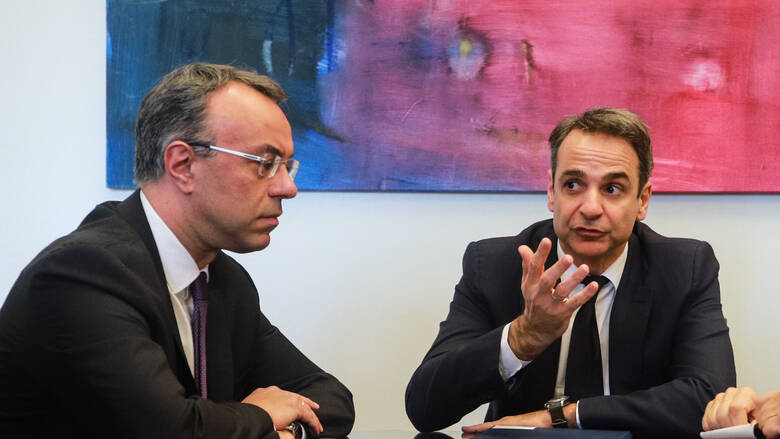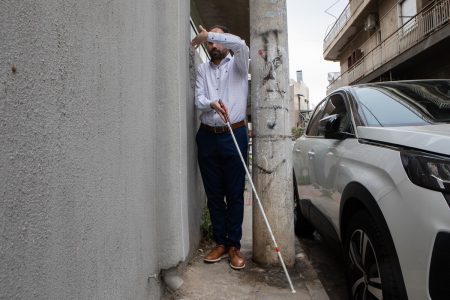By Christos Kolonas
The government appears to have secured 12bn euros in fluidity for this year through three funding tools – the refund of taxes paid up front, the Entrepreneurship Fund II, and the business Guarantees Fund – that are supported by both the EU’s National Strategivc Reference Framework (NSRF) and national funding. with over eight billion euros in capital to manage the repercusion of the COVID-19 epidemic.
An estimated 3.3bn euros will be disbursed from the new cycle of funding tools at the beginning of this year to support an additional 20,000 small-to-medium-sized businesses.
The ministry of development has already prepared the NSRF plan for EU funding for the 2021-2027 period. Along with national funding, 24bn euros will be made available to back Greece’s econoimic recovery.
The new NSRF
The plan was drafted by deputy minister Yannis Tsakiris and provides for funding to five sectors in line with the government’s economic priorities.
The first is the competitiveness and the digital transformation of the economy (20.3 percent).
The objective is to link research to the productive base of the economy, the adaptation of Greek industry to the competitive environment by creating value in all areas of entrepreneurship, stregthen the capacity for innovation of small-to-medium-sized businesses, and facilitating access to funding and broadening the scope of funding tools through the creation of a business-friendly institutional environment and the digital transformation of Greece’s public administration, of the state, and of the economy.
Environment and energy
The second area involves the environment, energy, and civil protection (26.1 percent of overall spending) with the aim of making the country and Europe greener and more durable as regards these sectors, with low carbon emissions through the promotion of a just transition to clean forms of energy, the cyclical economy, adaptation to climate change, and the prevention and management of dangers.
Slightly over 15 percent of funding is earmarked for the government’s third objective which is the creation of a secure, cohesive, and inter-operable, high-quality rail transport system, ensuring access to and the best use of the country’s roads and highways, sea ports and airports through the construction of sections and links that are missing from the network.
This area includes the promotion of a series of medium-term initiatives and actions that aim to create a better, contemporary digital environment for citizens and businesses with fast and superfast broadband networks on open, wireless networks to secure access to the internet for everyone, and the development of network infrastructure to support fiberoptic and 5G networks.
Employment, education, welfare
The fourth policy target is ensuring employment, education, and social welfare by bolstering the infrastructure of the health and education systems (32 percent of spending).
Here the priorities are creating equal opportunity and access to the labour market (especially for women, youth, and the long-term unemployed), socio-economic convergence, a quality educational system without exclusion, training and lifelong learning, and social welfare with the inclusion of vulnerable groups and individuals contronted with the spectre of poverty and social exclusion through the systemic modernisation of related institutions.
Funding will be earmarked to implement comprehensive measures for housing and social services and ensuring equal access to healthcare including the primary level.
Environment and urbandevelpment
The fifth policy target is to proceed with a cohesive land interventions and urban development programme (5.4 percent of the recovery budget) with a focus on backing a comprehensive plan for local social, economic, and environmental development and viable urban development.
Other major priorities include the promotion of Greece’s cultural heritage, tourism and security including agricultural and coastal areas through local dvelopment based on community initiatives.
All of the above targets fall under the six areas of the new NSRF: Competitiveness and entrepreneurship; human capital (job training, education, and pro-active employment policies); digital transformation; comprehensive transition to just development; environment, energy, and climate change (including civil protection).
The government has also drafted economic development programmes tailored to 13 regions throughout the country.





